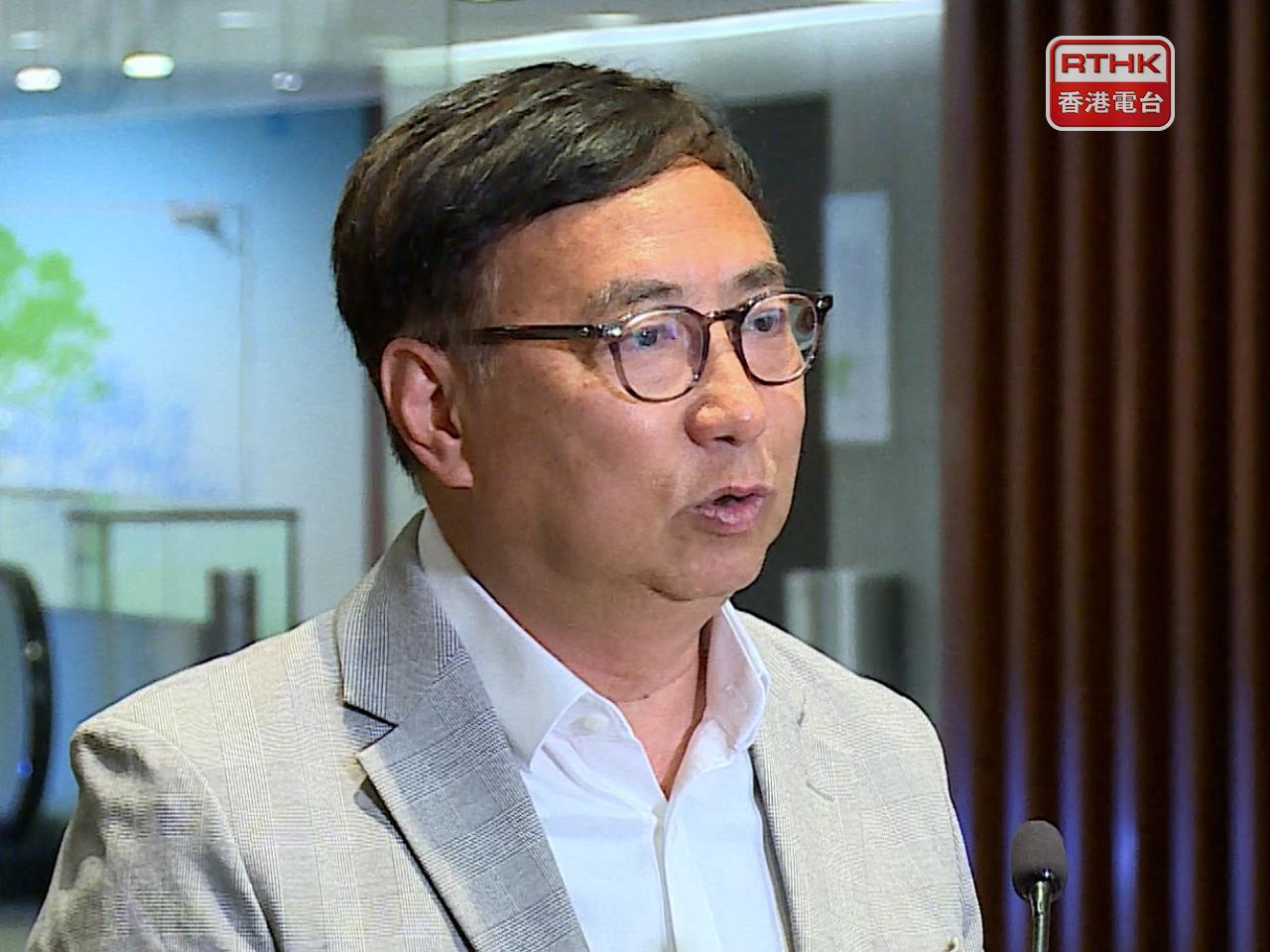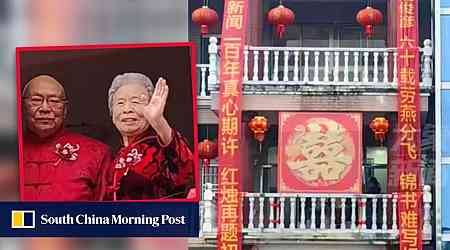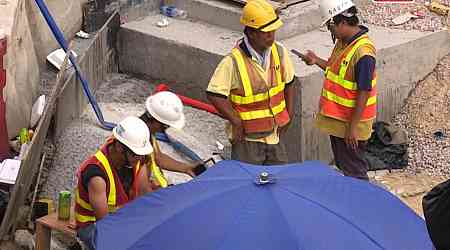Welfare sector lawmaker Tik Chi-yuen on Friday said having a higher socio-economic status doesn't make it easier on caregivers who are tasked with looking after people in need. He made the comments after a 71-year-old woman was suspected of killing her 84-year-old husband and then attempting to commit suicide earlier this week. The woman was said to be suffering from depression and previously expressed concern she would not be able to continue caring for her husband, who reportedly had dementia and muscle atrophy. The couple lived on Beacon Hill Road in Kowloon Tong, a more affluent part of Hong Kong. “The pressure and challenges faced by caregivers are not related to their socioeconomic status or education level. Caring for someone 24 hours a day, 365 days a year is a burden that anyone would find difficult to bear. I am worried that similar cases will continue to happen in the future, if we fail to do more to support caregivers,” Tik spoke on an RTHK programme. Tik said this case is a typical example of "elderly care for elderly," where both the caregiver and the care recipient are suffering from mental or physical health problems. He noted current care giving services in Hong Kong are fragmented and may not be able to address the needs of the middle class. “Most community centres are located in public housing estates and have limited space, about 1,000 square feet. Middle-class people may feel that these services are not suitable for them,” he said. “Secondly, based on my personal observation and [I] may be wrong, but I think many middle-class people believe in self-reliance and may be reluctant to seek help.” Tik urged the government to identify high-risk caregivers through the public healthcare system, Housing Authority, and social welfare organisations – and arrange regular visits. He also called for more centres on Hong Kong Island, Kowloon, and the New Territories to meet the high demand for 24-hour support hotlines to help caregivers. The government had said there are more than 80 calls a day on average since the hotline was introduced last September. On the same programme, former Advisory Committee on Mental Health member Yuen Shuk-yan, agreed that early intervention is needed for elderly caregivers who are under high pressure. “For example, the elderly caregiver may have two or three diseases while caring for a family member with five or six diseases. The caregiver may also have cognitive impairment, high blood pressure, and other problems... These factors can add to the pressure on the caregiver,” she said. “We have seen cases where the caregiver's health deteriorates after caring for a family member with multiple diseases for a long time. The caregiver may become increasingly worried that they will pass away before the family member, leaving them without care. This can add to the caregiver's stress.” She urged the government to make better use of counselors and train the care teams to provide more follow-up support for elderly caregivers.






























